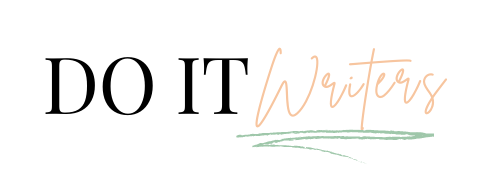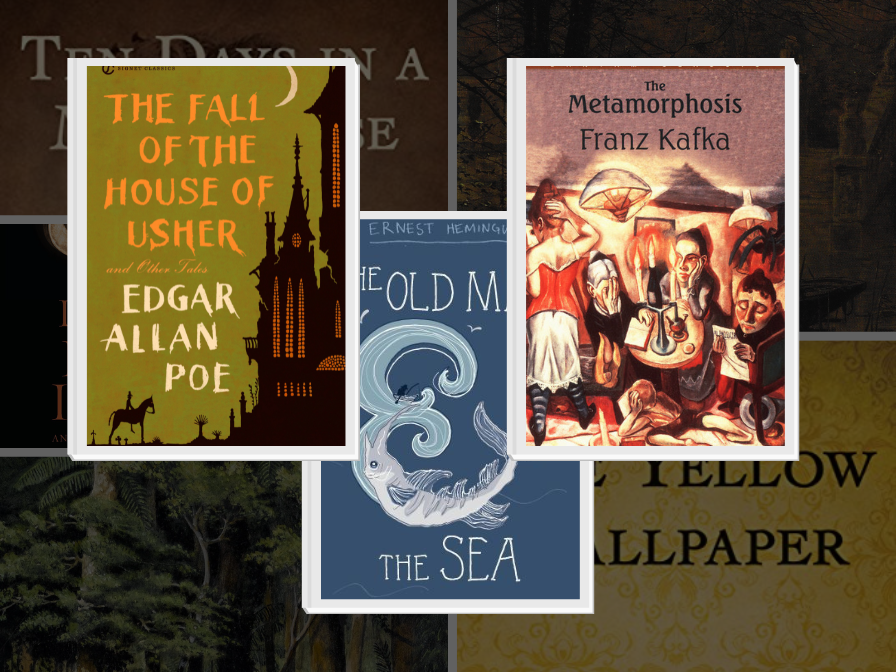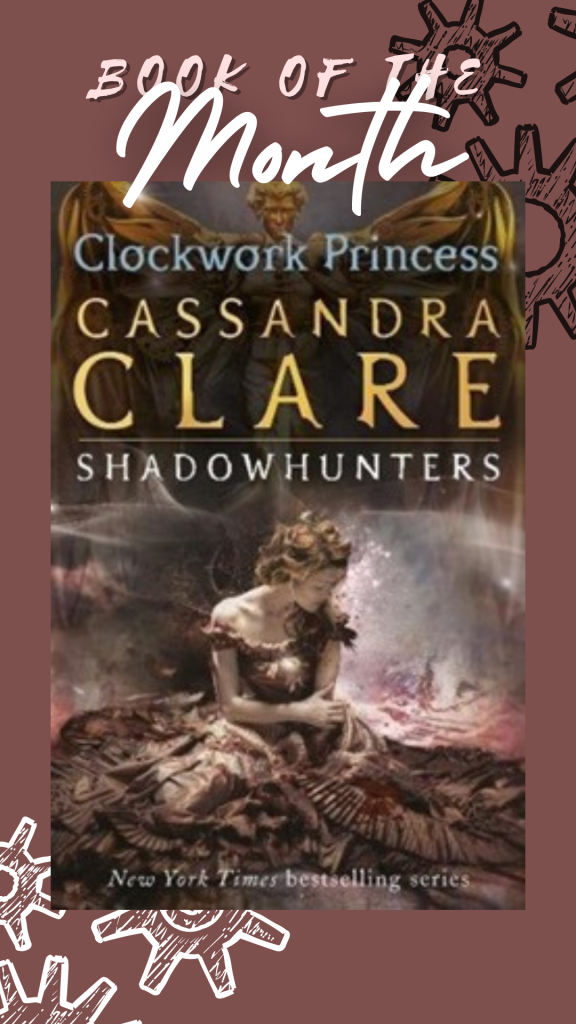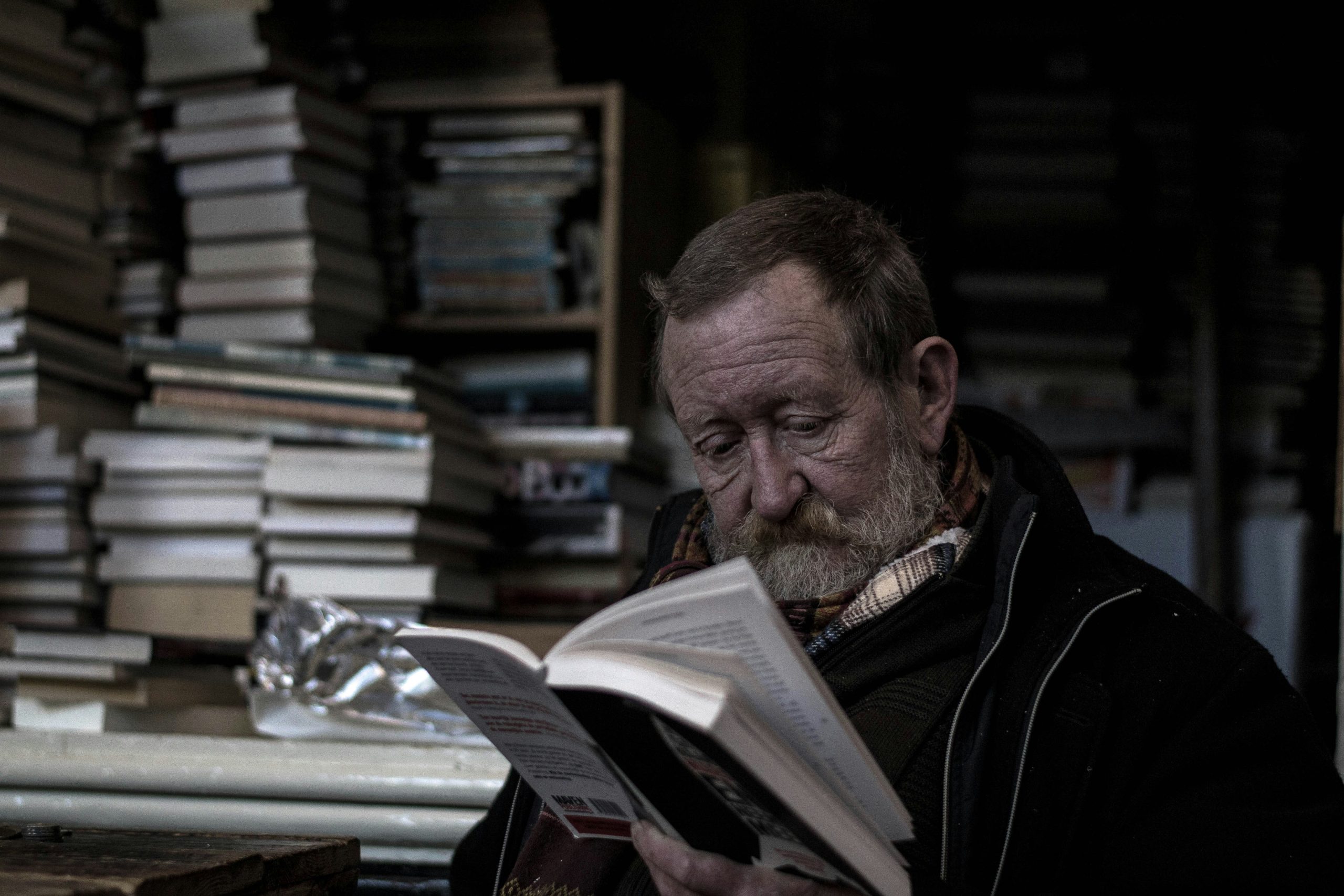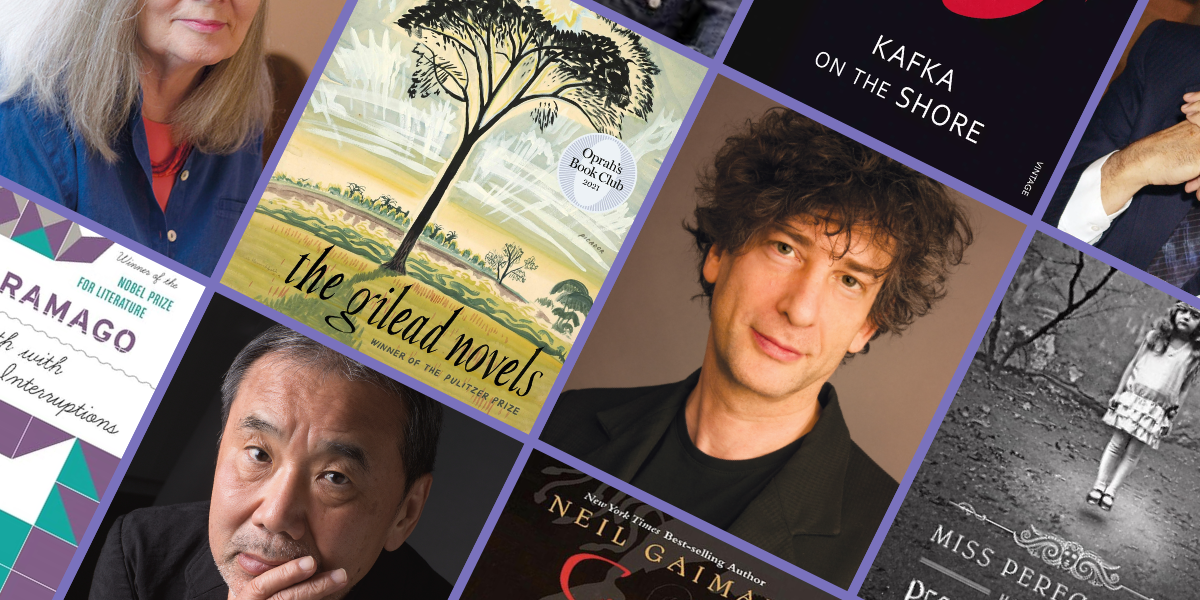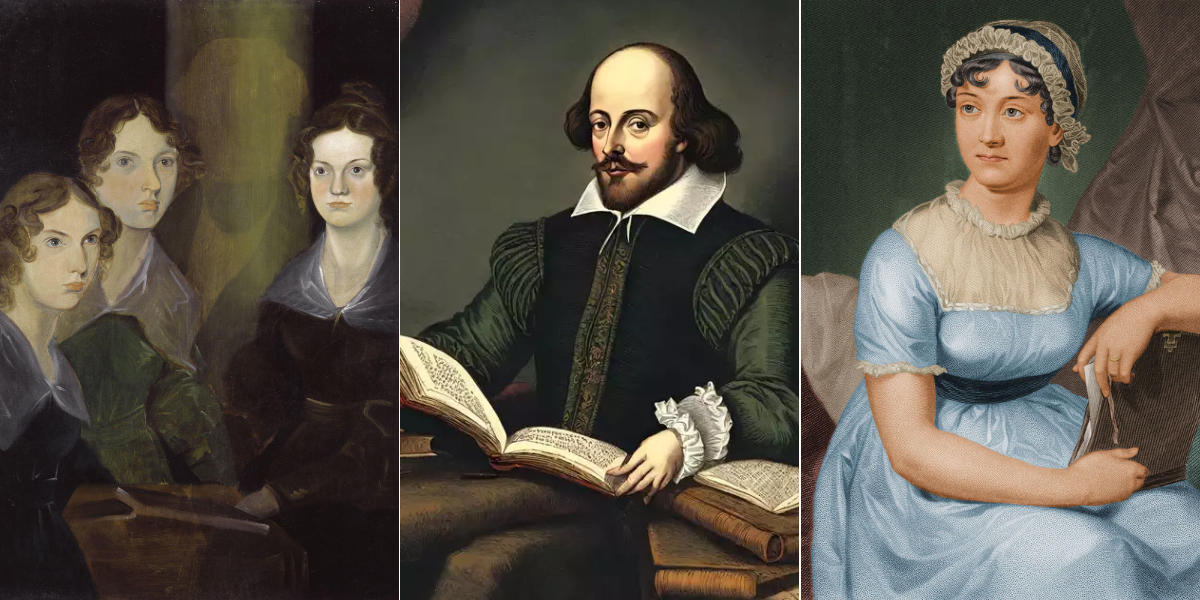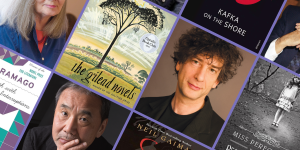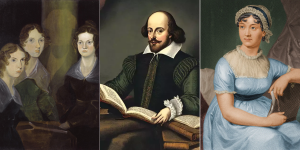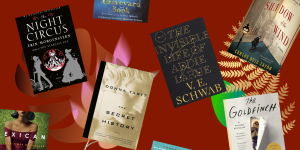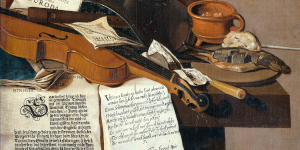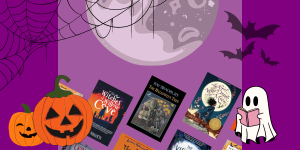Welcome to the enchanting world of “10 Must-Read Books Under 100 Pages.” In a literary landscape often dominated by epic tomes, these compact treasures prove that brilliance knows no bounds, even within the constraints of brevity. Each book encapsulates a universe of emotion, insight, and storytelling prowess, inviting readers on succinct journeys that linger long after the final page is turned. From poignant tales to fantastical adventures, this collection celebrates the art of concise storytelling, proving that a narrative’s impact is not measured by its length. Get ready to embark on a literary odyssey where every word is a gem, and every page a masterpiece.
10 Best Books With Under 100 Pages
Discover literary wonders that don’t require a long-term commitment – this curated list of ’10 Must-Read Books Under 100 Pages’ offers profound tales in a concise format, perfect for a quick escape into captivating narratives.
1. The Metamorphosis by Franz Kafka
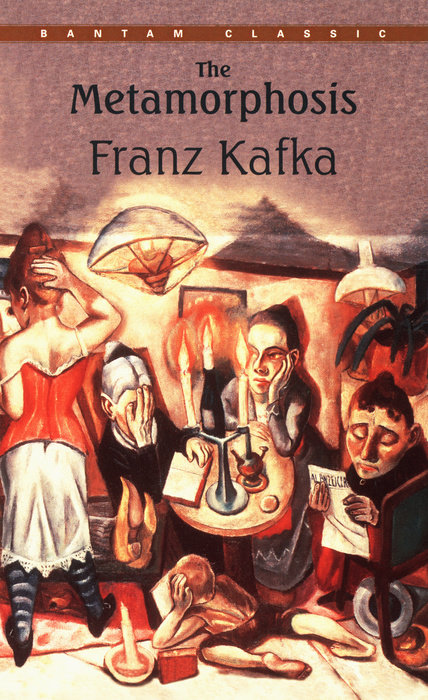
The Metamorphosis by Franz Kafka is a surreal novella that follows the bizarre and unsettling transformation of Gregor Samsa, a young traveling salesman, who wakes up one day to find himself transformed into a giant insect. As he grapples with the physical and emotional challenges of his new existence, the story delves into themes of alienation, absurdity, and the dehumanizing effects of modern life.
The novella is a powerful exploration of existential angst and the impact of societal expectations on the individual. Kafka’s unique narrative style, characterized by a blend of the fantastical and the mundane, creates a haunting atmosphere that leaves a lasting impression on readers.
Why read it? “The Metamorphosis” offers a thought-provoking examination of the human condition, prompting reflection on identity, isolation, and the nature of humanity. It is a seminal work of literature that has influenced countless writers and thinkers, and its enduring relevance makes it a must-read for those interested in delving into the complexities of the human experience.
2. The Art of War by Sun Tzu
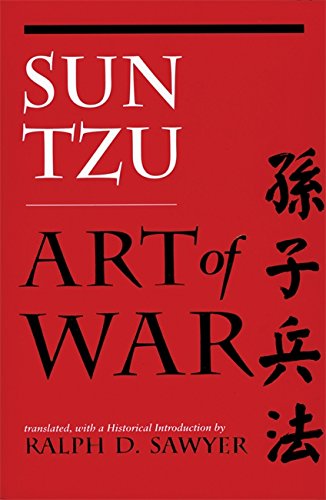
The Art of War by Sun Tzu is an ancient Chinese military treatise that offers profound insights into strategy, tactics, and the philosophy of warfare. Written over 2,500 years ago, it is a classic work that remains highly influential in various fields beyond the military, including business, leadership, and philosophy.
The book is structured into thirteen chapters, each addressing different aspects of warfare and strategic thinking. Sun Tzu emphasizes the importance of understanding the nature of conflict, adapting to changing circumstances, and mastering the art of deception. Central to the text is the idea that winning without fighting is the ultimate strategy.
Why read it? “The Art of War” is not just a guide for military commanders but a timeless manual on the principles of strategy and leadership. Its wisdom extends to navigating challenges in various aspects of life, including business negotiations, personal relationships, and decision-making. The concise and profound nature of Sun Tzu’s teachings makes it a valuable read for anyone seeking strategic insights and a deeper understanding of the dynamics of conflict and success.
READ MORE: Short And Sweet: 10 Great Books Under 300 Pages
3. Ten Days in a Mad-House by Nellie Bly
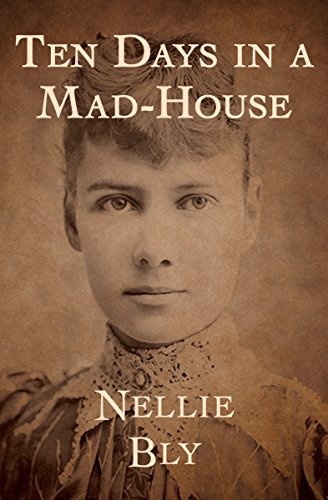
Ten Days in a Mad-House is a groundbreaking work by Nellie Bly, a pioneering investigative journalist. Published in 1887, the book recounts Bly’s first-hand experiences as she feigned insanity to expose the deplorable conditions within mental asylums. Undercover, she endured the harsh treatments, lack of proper care, and the mistreatment of patients.
Bly’s exposé led to significant reforms in the mental health care system, shedding light on the appalling conditions faced by vulnerable individuals. Her courageous and compassionate reporting not only brought attention to the mistreatment of the mentally ill but also showcased the power of journalism in advocating for social change.
Why read it? “Ten Days in a Mad-House” is a compelling and historically significant work that offers a stark look at the conditions in mental asylums during the late 19th century. Bly’s daring investigative journalism paved the way for improved mental health care and highlighted the importance of advocacy in journalism. Readers interested in the history of journalism, social justice, and the power of the written word will find this book both eye-opening and inspiring.
4. The Library Book by Susan Orlean
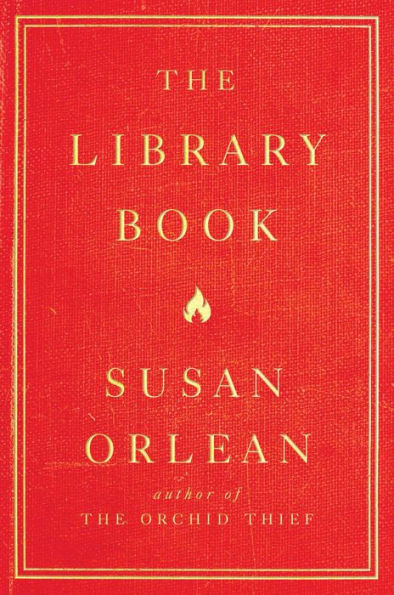
The Library Book by Susan Orlean is a captivating exploration of the history and significance of libraries, centered around the devastating fire that occurred at the Los Angeles Public Library in 1986. Orlean combines investigative journalism, historical research, and personal reflection to tell the story of the fire, its aftermath, and the role of libraries in society.
The book not only delves into the mystery of the arson but also celebrates the cultural importance of libraries, examining their evolution and the crucial role they play as community hubs. Orlean weaves together narratives of librarians, readers, and the transformative power of books, creating a rich tapestry that goes beyond the singular event.
Why read it? “The Library Book” is a beautifully written and meticulously researched work that not only serves as a tribute to the resilience of libraries but also explores broader themes of knowledge, community, and the love of books. Whether you’re a bibliophile, a history enthusiast, or simply curious about the role of libraries in our lives, this book offers a compelling and thought-provoking journey through the world of books and the institutions that house them.
5. The Old Man and the Sea by Ernest Hemingway
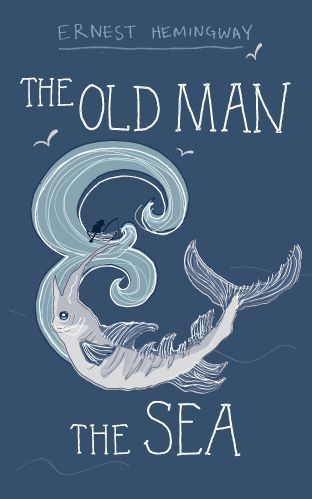
The Old Man and the Sea by Ernest Hemingway is a novella that tells the story of Santiago, an aging Cuban fisherman who engages in an epic battle with a giant marlin in the Gulf Stream. The narrative unfolds as Santiago struggles with the fish for days, facing physical and mental challenges, and reflecting on his life, his connection with the sea, and his place in the natural world.
This timeless tale explores themes of endurance, resilience, and the relationship between humans and nature. Hemingway’s sparse yet powerful prose captures the essence of the struggle for existence and the indomitable spirit of the human condition.
Why read it? “The Old Man and the Sea” is celebrated for its profound simplicity and deep philosophical undercurrents. It earned Hemingway the Nobel Prize in Literature and is considered a classic in American literature. Readers are drawn to its rich symbolism, compelling characters, and the exploration of fundamental aspects of the human experience. It is a short but impactful work that invites contemplation on the nature of life, perseverance, and the eternal struggle between man and the elements.
6. The Death of Ivan Ilyich by Leo Tolstoy
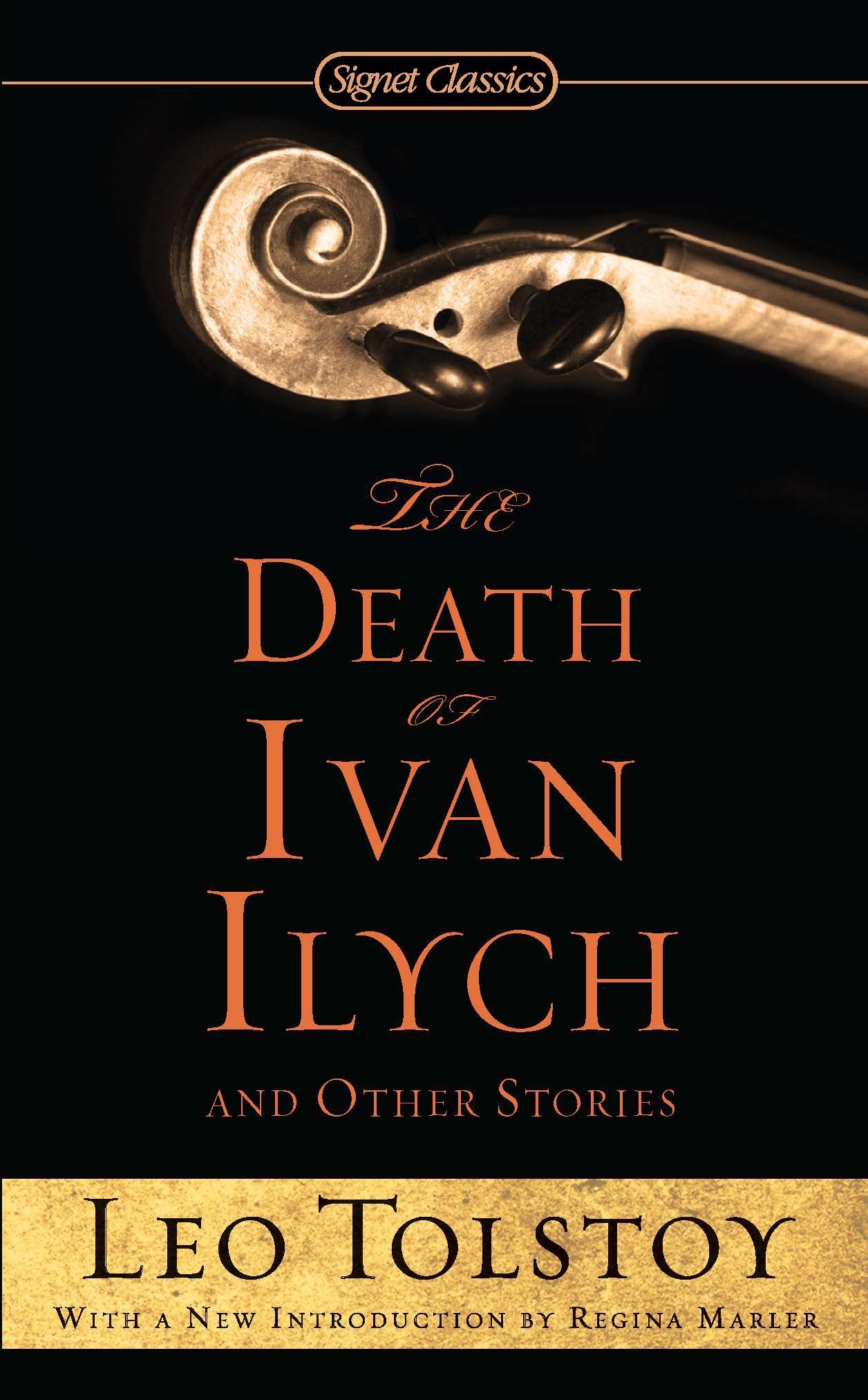
The Death of Ivan Ilyich by Leo Tolstoy is a novella that examines the life and death of Ivan Ilyich Golovin, a high-ranking judge in 19th-century Russia. The story begins with the news of Ivan’s death, and then it unfolds through a retrospective exploration of his life, career, and the gradual realization of the emptiness and superficiality that defined his existence.
As Ivan grapples with a terminal illness, he undergoes a profound spiritual and existential crisis. The narrative explores themes of existential meaning, the pursuit of genuine happiness, and the consequences of living a life devoid of authenticity and introspection.
Why read it? “The Death of Ivan Ilyich” is a poignant exploration of the human condition and the inevitability of death. Tolstoy’s narrative skillfully dissects the societal expectations that can lead individuals to live unfulfilling lives. It serves as a powerful reflection on the search for meaning and the importance of living an authentic and purposeful life. Readers interested in philosophical fiction and existential reflections will find this novella a compelling and thought-provoking work.
7. The Turn of the Screw by Henry James
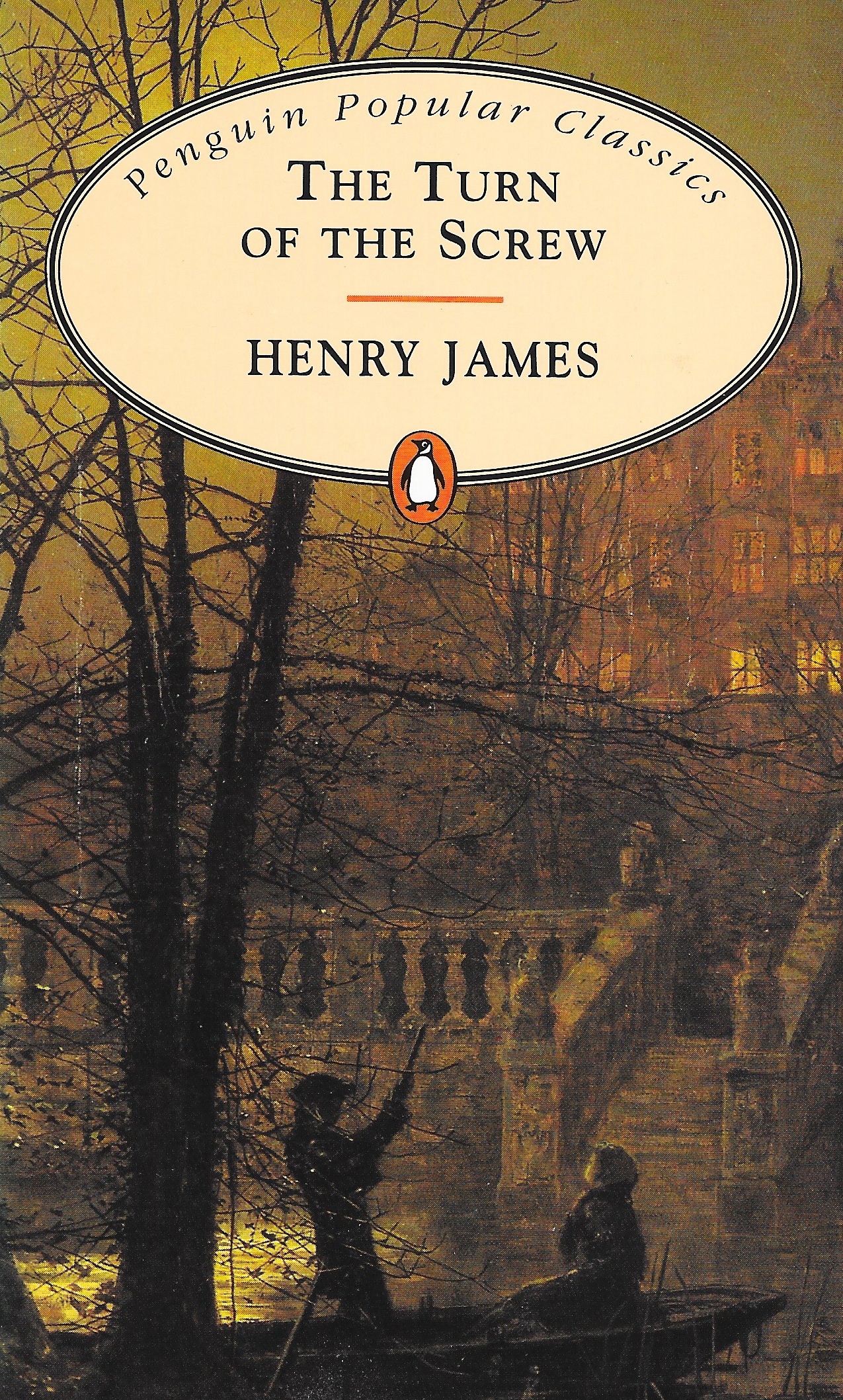
The Turn of the Screw by Henry James is a classic psychological horror novella that tells the story of a governess hired to care for two young orphans, Miles and Flora, at a remote estate in England. Strange occurrences begin to unfold as the governess becomes convinced that the children are being haunted by supernatural entities. As she grapples with the eerie events, the line between reality and imagination becomes increasingly blurred.
The novella is renowned for its ambiguity and the psychological tension it creates. James leaves readers to interpret whether the ghosts are real or manifestations of the governess’s troubled psyche. The narrative explores themes of innocence, corruption, and the thin boundary between the seen and the unseen.
Why read it? “The Turn of the Screw” is a masterclass in psychological ambiguity and suspense. It has been widely studied for its unreliable narrator and the multiple interpretations it offers. Readers fascinated by Gothic literature, psychological thrillers, and stories that leave room for interpretation will appreciate the chilling atmosphere and the lingering questions posed by James’s narrative.
8. Heart of Darkness by Joseph Conrad
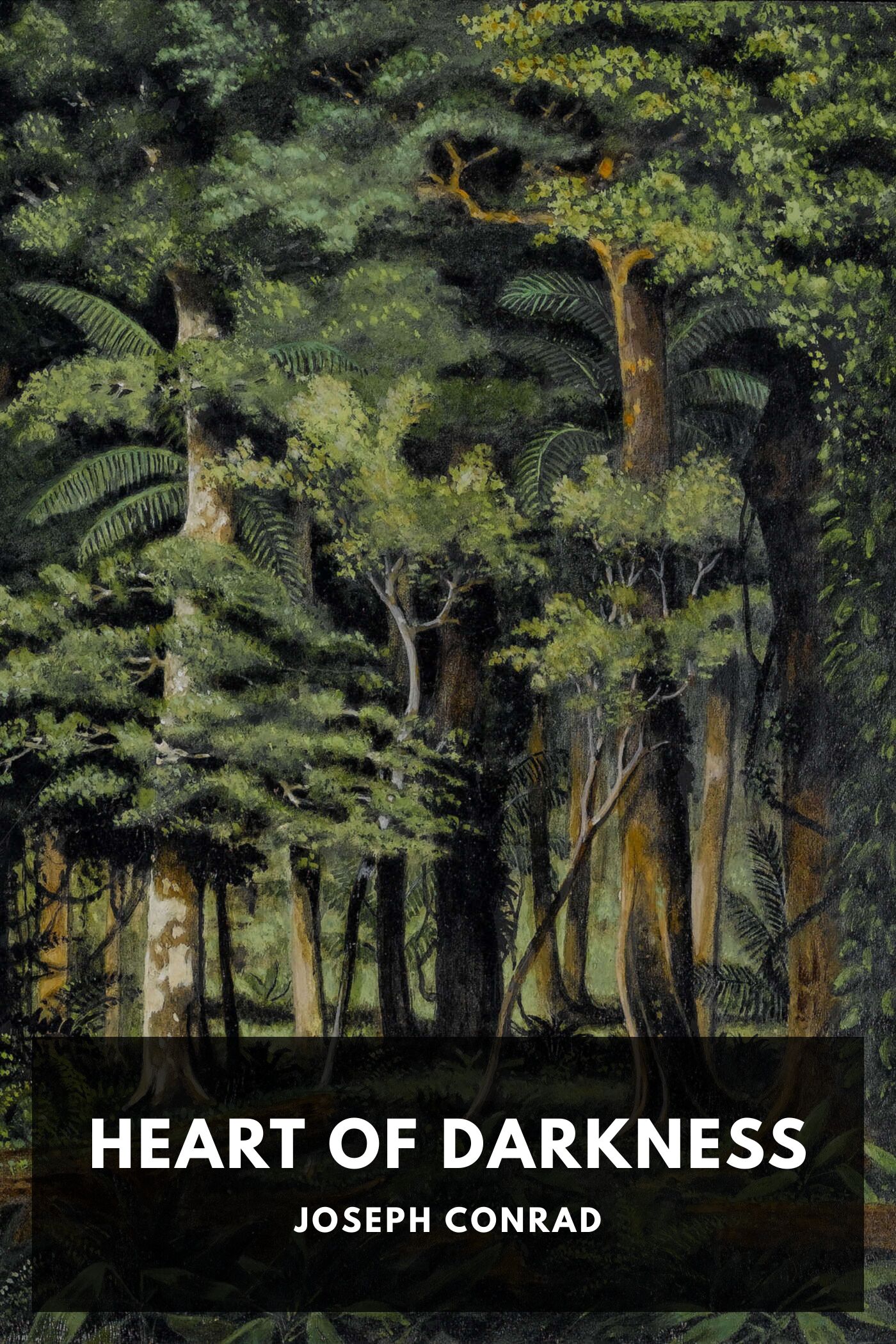
Heart of Darkness by Joseph Conrad is a novella that follows Charles Marlow, a sailor and adventurer, as he recounts his journey into the Congo River in Africa. The narrative explores the darkness within human nature and the moral consequences of imperialism. Marlow is on a quest to find the enigmatic Kurtz, a station manager with a mysterious reputation, and as he ventures deeper into the heart of Africa, he confronts the brutality, exploitation, and moral decay inherent in European colonialism.
Conrad’s work is celebrated for its exploration of the human psyche, the impact of power, and the complexities of morality in the context of colonialism. The novella is known for its rich symbolism, evocative prose, and its deep philosophical reflections on the consequences of unchecked power.
Why read it? “Heart of Darkness” is a classic that continues to be relevant for its exploration of the darker aspects of human nature and the consequences of unchecked power. It prompts readers to reflect on the moral implications of imperialism and remains a powerful critique of the exploitation inherent in colonial endeavors. If you’re interested in literature that delves into the human soul and critiques societal structures, “Heart of Darkness” is a compelling and thought-provoking read.
READ MORE: How To Read Books Under Budget
9. The Yellow Wallpaper by Charlotte Perkins Gilman
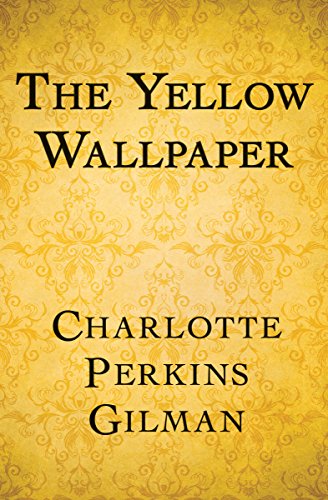
The Yellow Wallpaper by Charlotte Perkins Gilman is a classic short story that delves into the mental and emotional deterioration of a woman confined to a room by her physician husband. The narrative unfolds through the protagonist’s journal entries, revealing her descent into madness as she becomes increasingly obsessed with the wallpaper in her room. The story serves as a powerful critique of the oppressive social norms and the medical treatment of women during the late 19th century.
Gilman’s work addresses themes of gender roles, patriarchal control, and the consequences of stifling women’s creativity and autonomy. The yellow wallpaper becomes a symbol of the protagonist’s imprisonment and the oppressive societal expectations placed on women.
Why read it? “The Yellow Wallpaper” is a compelling exploration of the female experience, mental health, and societal constraints. It offers a poignant critique of the patriarchal norms of the time and remains relevant in discussions about women’s autonomy and mental well-being. Readers interested in feminist literature, psychological fiction, and social commentary will find this short story both impactful and thought-provoking.
10. The Fall of the House of Usher by Edgar Allan Poe
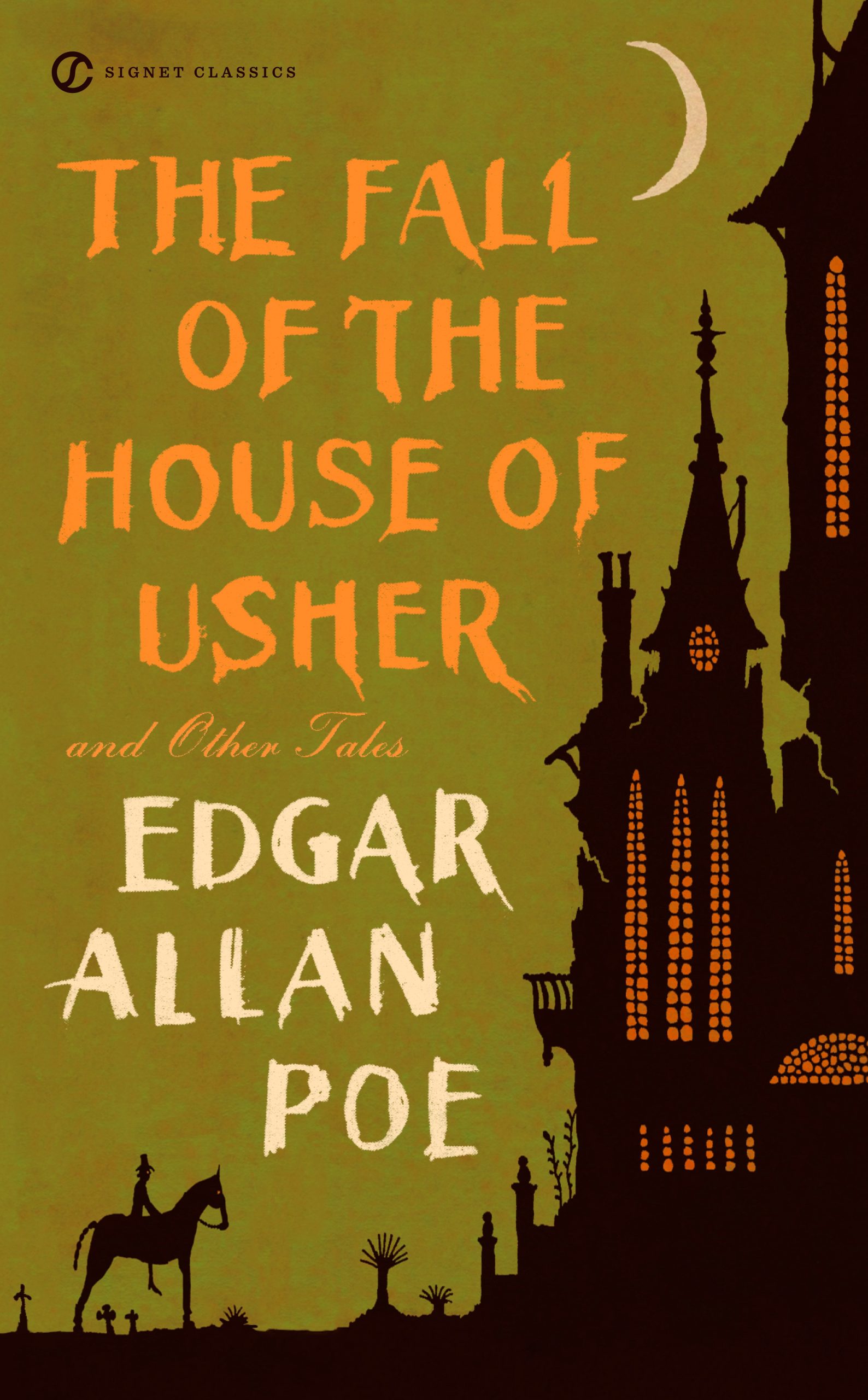
The Fall of the House of Usher by Edgar Allan Poe is a Gothic short story that follows an unnamed narrator who visits the eerie mansion of his childhood friend, Roderick Usher. The Usher family is plagued by a dark and foreboding atmosphere, which intensifies as Roderick reveals the family’s history of madness and supernatural occurrences. As the narrative unfolds, the House of Usher becomes a symbolic and literal representation of decay and psychological disintegration.
Poe’s tale is known for its atmospheric and macabre elements, blending psychological horror with Gothic imagery. The story explores themes of madness, hereditary affliction, and the blurred line between reality and the supernatural.
Why read it? “The Fall of the House of Usher” is a masterpiece of Gothic literature, showcasing Edgar Allan Poe’s mastery of atmosphere and psychological tension.It’s a classic example of the genre and serves as an influential work in American literature. Readers who enjoy dark, atmospheric tales with a psychological edge will find this short story a captivating and chilling exploration of the human psyche and the macabre.
READ MORE: The Literary Bucket List: 10 Must-Read Books Before You Die
